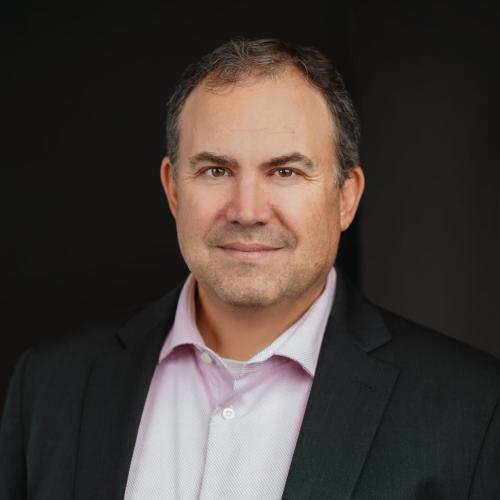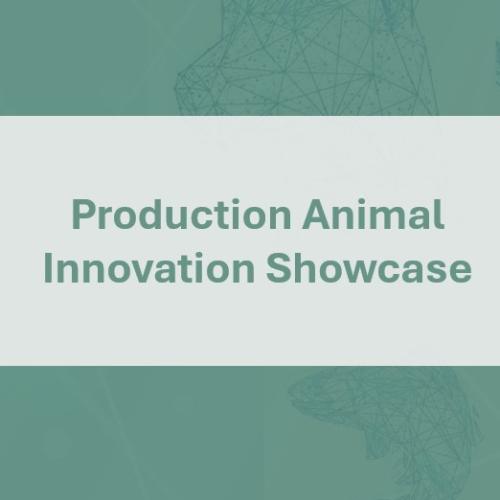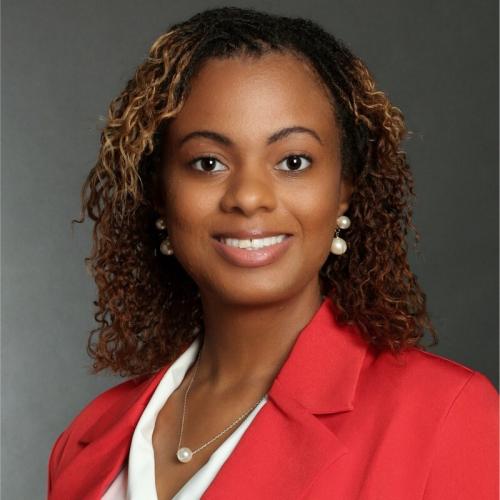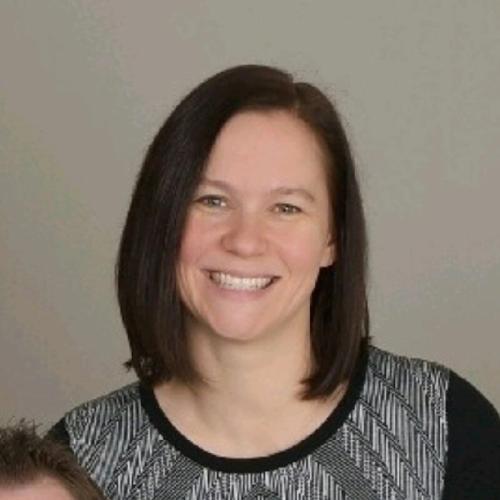

AIDDD Agenda

Barry Cooks
Barry Cooks is a global enterprise technology veteran with 25 years of experience leading teams in cloud computing, hardware design, application microservices, artificial intelligence, and more. As Vice President of Technology at Amazon, he is responsible for compute abstractions (containers, serverless, VMware, micro-VMs), quantum experimentation, high performance computing, and AI training. He oversees key AWS services including AWS Lambda, Amazon Elastic Container Service, Amazon Elastic Kubernetes Service, and Amazon SageMaker. Barry also leads responsible AI initiatives across AWS, promoting the safe and ethical development of AI as a force for good. Prior to joining Amazon in 2022, Barry served as CTO at DigitalOcean, where he guided the organization through its successful IPO. His career also includes leadership roles at VMware and Sun Microsystems. Barry holds a BS in Computer Science from Purdue University and an MS in Computer Science from the University of Oregon.

Production Animal Innovation Showcase

Symone Rosales

Mandi Heiple
Mandi Heiple is the Director of Payment Integrity at Medica, where she leads a high-performing team dedicated to ensuring accurate, compliant, and efficient claims payment across commercial and government lines of business. She oversees end-to-end payment integrity strategy – from prospective editing and coding validation to retrospective audits. Her teams drive measurable savings while protecting provider relationships and improving member experiences.
With over 20 years in healthcare operations and payment integrity, Mandi has focused on designing and implementing solutions that close process gaps, reduce improper payments, and strengthen compliance frameworks.